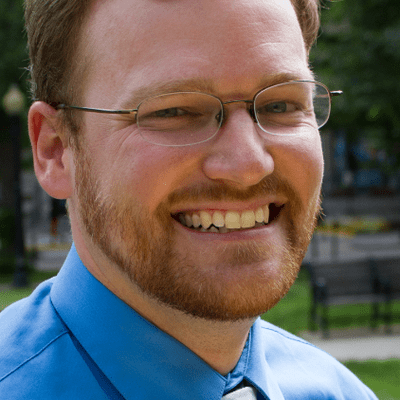Introduction

Environmentalists invested heavily in Rep. Ed Markey — a champion of climate change issues and their preferred candidate in Massachusetts’ Democratic U.S. Senate special primary — who bested rival Rep. Stephen Lynch on Tuesday by 15 percentage points, according to the Associated Press.
The League of Conservation Voters led the way on messaging that expressly advocated either for or against one of the two Democratic candidates, spending more than $830,000 on pro-Markey independent expenditures, according to a Center for Public Integrity analysis of Federal Election Commission filings. The spending came via LCV’s political action committee, as well as its affiliated super PAC and 501(c)(4) nonprofit arm.
Overall, groups reported spending roughly $2 million to advocate for or against the candidates, according to the Center’s analysis. Nearly 90 percent of the expenditures supported Markey or opposed Lynch.
The spending came despite a “people’s pledge” between Markey and Lynch designed to limit the amount of involvement by deep-pocketed independent groups that have proliferated in the wake of the 2010 U.S. Supreme Court’s Citizens United v. Federal Election Commission ruling.
“Ed Markey has never stopped fighting for us, and we’re going to keep fighting for him,” League of Conservation Voters Chairman Scott Nathan said in a press release after the race was called.
Markey was additionally aided by a super PAC called the “NextGen Committee.”
That group was bankrolled by billionaire venture capitalist Tom Steyer, who opposes the Keystone XL pipeline project. Markey opposes that project. Lynch supports it.
The NextGen Committee spent about $350,000 on ads attacking Lynch and contributed $250,000 to the League of Conservation Voter’s super PAC.
An environmental nonprofit called the “350.org Action Fund” — a 501(c)(4) “social welfare” organization — also reported nearly $50,000 in pro-Markey expenditures.
Markey also had a significant cash advantage over Lynch.
As of mid-April, Markey’s campaign had raised about $4.8 million, according to FEC records, while Lynch’s campaign had raised about $2.3 million.
For his part, Lynch received last-minute outside support from a super PAC called “The Ninety-Nine Percent,” a nod to the populist rhetoric of the Occupy Wall Street movement.
Formed on March 27, the Ninety-Nine Percent super PAC didn’t report its funders prior to the election because of it’s late entry, meaning it found a way to play a significant role in the campaign while revealing little about itself or its backers to voters.
The Ninety-Nine Percent super PAC reported spending about $140,000 on pro-Lynch robocalls during the final two weeks of the campaign.
On FEC documents, the group’s treasurer is listed as Edward C. McHugh, who is the general treasurer of the Ironworkers International union. Former Ironworkers International General President Joseph J. Hunt is listed as its “designated agent.”
Officials with the Ironworkers International could not immediately be reached for comment.
(Update, May 2, 2013, 11:30 a.m.: “The Ninety-Nine Percent raised funds from a number of unions and their political committees,” McHugh wrote in an email to the Center for Public Integrity. “The Ninety-Nine Percent will publicly report to the FEC all of its receipts and spending through June 30th in July, as required.”)
Lynch, the son of an ironworker, previously served as the president of an ironworkers local union in Boston.
The International Association of Firefighters also made expenditures to boost Lynch, while the Service Employees International Union backed Markey.
Markey will now face Republican Gabriel Gomez in a June 25 special election to fill the seat vacated by Sen. John Kerry, who was tapped earlier this year by President Barack Obama to serve as secretary of state.
Gomez won the GOP primary Tuesday with some late assistance from a super PAC called the “Committee for a Better Massachusetts.” That group’s largest donor was Bain Capital managing director Stephen Zide, who gave $25,000 of the $50,000 the group reported raising through mid-April.
Other donors to the Committee for a Better Massachusetts include Mike Ascione, managing director at Berkshire Partners, who gave $15,000, and Athenahealth CEO Jonathan Bush, who gave $10,000.
Read more in Money and Democracy
Primary Source
Mel Watt enjoys close ties to financial industries
Bank leaders, PACs made prospective housing agency leader a top recipient of campaign cash
Money and Democracy
Gun lobby’s money and power still holds sway over Congress
Lawmakers’ fear may not be justified, but recent votes reveal that it still exists


Join the conversation
Show Comments